| Author: | Major Lynn A. Stover | ISBN: | 9781786252746 |
| Publisher: | Normanby Press | Publication: | November 6, 2015 |
| Imprint: | Normanby Press | Language: | English |
| Author: | Major Lynn A. Stover |
| ISBN: | 9781786252746 |
| Publisher: | Normanby Press |
| Publication: | November 6, 2015 |
| Imprint: | Normanby Press |
| Language: | English |
This study examines the historical record and primary source of conflict between the armed services over the issue of the effective employment of close air support during the Korean War. The study considers the impact of the single air asset manager on CAS employment during World War II, Korea, and Vietnam. The disagreement examined and explained in this study is the distinction and desire between the Navy-Marines control system and the Army-Air Force control system. The author evaluates the development of service and joint doctrine and the arguments over centralized and decentralized command and control in the execution of the air war. The thesis emphasizes CAS issues during the Korean War using General Keith B. McCutcheon’s writings and papers as a guide to develop and understand CAS employment, methodology, and effectiveness from World War II through Vietnam. The Korean War period significantly shaped the persistent argument concerning CAS employment among Marines, sailors, airmen, and soldiers and its value to a winning strategy. This study emphasizes General McCutcheon views on CAS employment and how he provided a template for cooperation during the Philippines Campaign. Cooperation and coordination as well as the role of doctrine are the primary themes throughout this study. Doctrine, and coordination and cooperation are necessary tools to develop the most effective means of employing CAS.
This study examines the historical record and primary source of conflict between the armed services over the issue of the effective employment of close air support during the Korean War. The study considers the impact of the single air asset manager on CAS employment during World War II, Korea, and Vietnam. The disagreement examined and explained in this study is the distinction and desire between the Navy-Marines control system and the Army-Air Force control system. The author evaluates the development of service and joint doctrine and the arguments over centralized and decentralized command and control in the execution of the air war. The thesis emphasizes CAS issues during the Korean War using General Keith B. McCutcheon’s writings and papers as a guide to develop and understand CAS employment, methodology, and effectiveness from World War II through Vietnam. The Korean War period significantly shaped the persistent argument concerning CAS employment among Marines, sailors, airmen, and soldiers and its value to a winning strategy. This study emphasizes General McCutcheon views on CAS employment and how he provided a template for cooperation during the Philippines Campaign. Cooperation and coordination as well as the role of doctrine are the primary themes throughout this study. Doctrine, and coordination and cooperation are necessary tools to develop the most effective means of employing CAS.
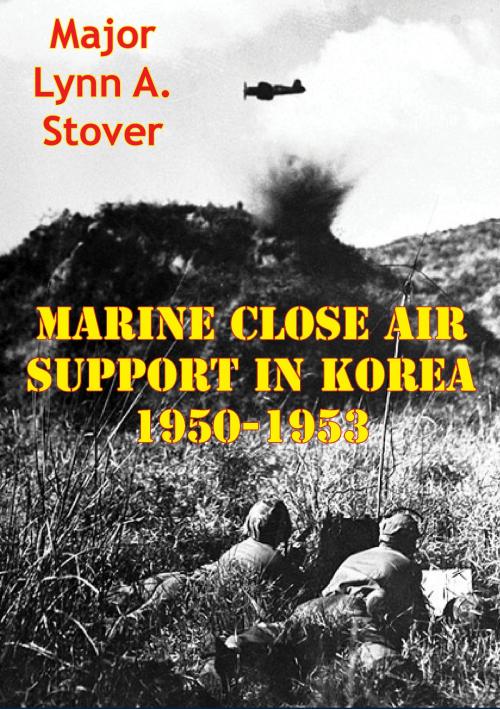


![Cover of the book The Invasion of the Crimea: Vol. II [Sixth Edition] by Major Lynn A. Stover](https://www.kuoky.com/images/2017/january/300x300/9781787203433-BbNS_300x.jpg)
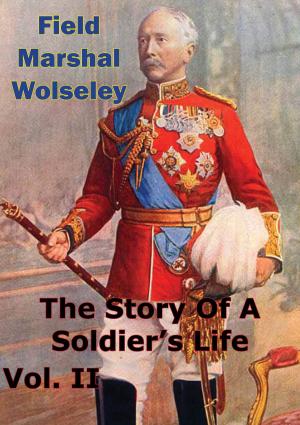

![Cover of the book The Invasion of the Crimea: Vol. IX [Sixth Edition] by Major Lynn A. Stover](https://www.kuoky.com/images/2017/january/300x300/9781787203464-j287_300x.jpg)
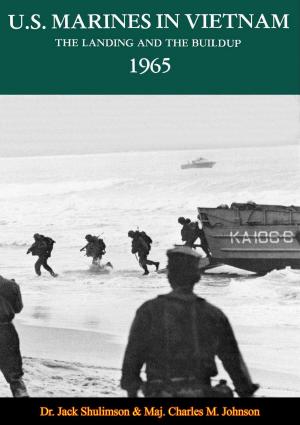

![Cover of the book The Invasion of the Crimea: Vol. I [Sixth Edition] by Major Lynn A. Stover](https://www.kuoky.com/images/2017/january/300x300/9781787203426-fpc1_300x.jpg)
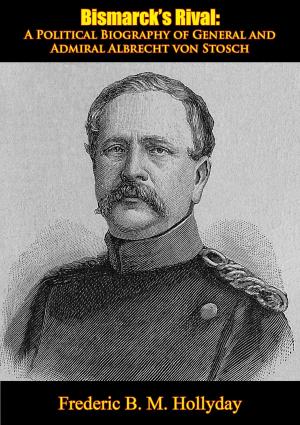

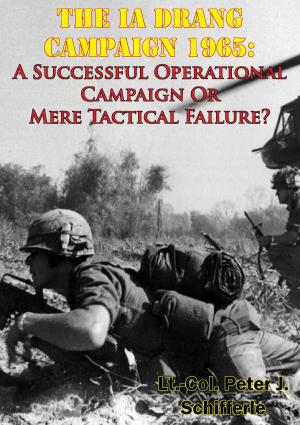
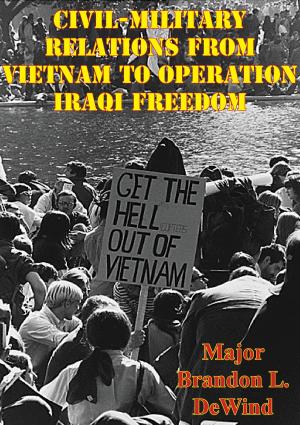
![Cover of the book Battle Of The Barricades: U.S. Marines In The Recapture Of Seoul [Illustrated Edition] by Major Lynn A. Stover](https://www.kuoky.com/images/2015/november/300x300/9781786251428-zQND_300x.jpg)
